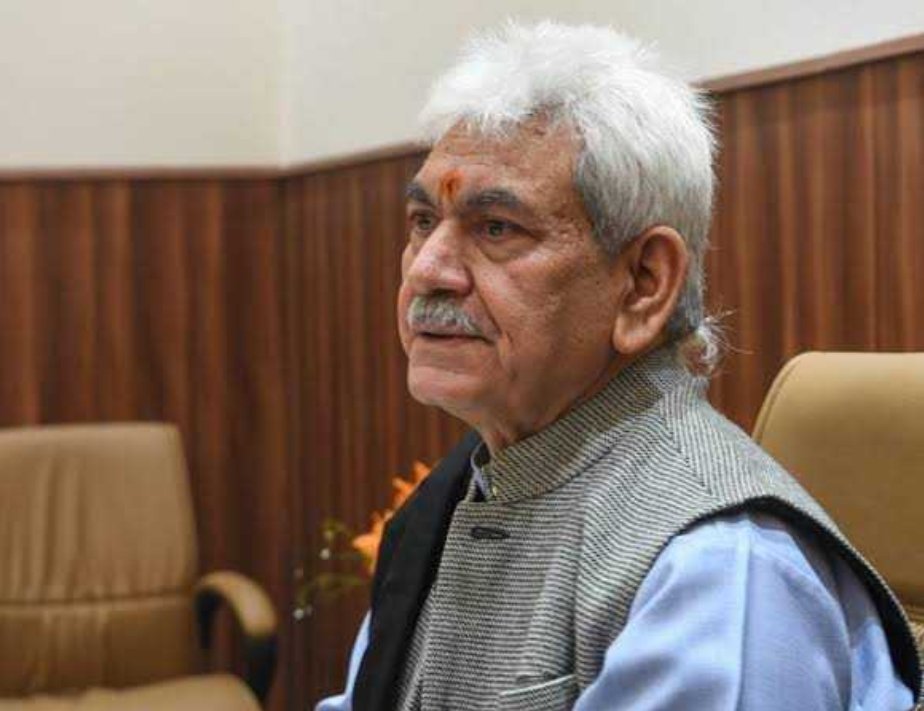[ad_1]
SRINAGAR: The Bombay High Court has declined to dismiss a criminal case against a college professor from Kolhapur, who shared a message on his WhatsApp status that referred to the abrogation of Article 370 as “August 5 Black Day (for) Jammu and Kashmir.” The basis for the FIR was two WhatsApp statuses he posted, one stating “AUGUST 5 BLACK DAY JAMMU & KASHMIR” and the other saying “14th August Happy Independence Day, Pakistan.” The Central government revoked Article 370 of the Indian Constitution, which provided special status to Jammu and Kashmir, on August 5, 2019, reported The Hindustan Times.
“In our view, this message has the tendency to play with emotions of different groups of people as there are strong feelings of contrasting nature about the status of Jammu and Kashmir in India,” The Hindustan Times reported while quoting the bench of justice Sunil Shukre and justice MM Sathaye while rejecting plea filed by Javed Ahmad Hajam, a professor with Sanjay Ghodawat College in Kolhapur.
Hajam appealed to the High Court to dismiss the FIR filed against him by the Hatkanangale police station in Kolhapur district under Section 153-A of the Indian Penal Code, on charges of promoting enmity between different groups based on religion, race, place of birth, residence, language, caste, community, or any other grounds that could lead to disharmony or feelings of hatred or ill-will. The FIR was based on two WhatsApp statuses that he posted, one stating “AUGUST 5 BLACK DAY JAMMU & KASHMIR” and the other saying “14th August Happy Independence Day, Pakistan.” Hajam was a member of a parent-teachers association WhatsApp group at the college, and someone from the group reported the matter to the police.
Hajam argued that he did not share any derogatory message or any message with the intention of stirring up hatred or ill-will. He claimed that his status messages did not cause any disharmony or disturbance of public tranquillity. However, a prosecutor opposed his plea, stating that the petitioner, a college professor, expressed his likes and dislikes in a casual manner without providing any reason or justification, which could lead to an initial inference of an offense punishable under Section 153-A. The High Court agreed with the prosecutor’s argument and rejected Hajam’s petition.
The bench said in a democratic country like India, with a fundamental right of freedom of speech and expression available to its citizens, “every word of criticism and every view of dissent is important for maintaining democracy in a good state of health.”
The court stated that in sensitive matters, it is important to express critical words or dissenting views only after conducting a thorough analysis of the situation and providing reasons for the criticism or dissent. The bench added that this is particularly important when emotions and sentiments surrounding the thing or aspect being criticized vary greatly among different groups of people. In such cases, criticism or disagreement should be accompanied by in-depth analysis and reasons so that it appeals to reason rather than emotions.
“Whenever an appeal is to the reason, there is the least possibility of stirring up emotions and whenever an appeal is to the emotions, the reason is the casualty,” the bench said. “And, when reason falls victim to emotions, there results ill-will, hatred, public disturbance and negativity all around. Such is the importance of criticism based upon critical analysis and same being not here, now it would be required to be examined on merits; if the WhatsApp status message in question, really brought about the consequences contemplated under Section 153-A of the IPC or not, which would be possible only upon appreciation of evidence at the trial.”
HC said prima facie posting of the DP constituted an offence under section 153-A of IPC.
[ad_2]
#Bombay #Rejects #Professors #Plea #Quash #FIR #Aug #Black #Day #Status
( With inputs from : kashmirlife.net )









